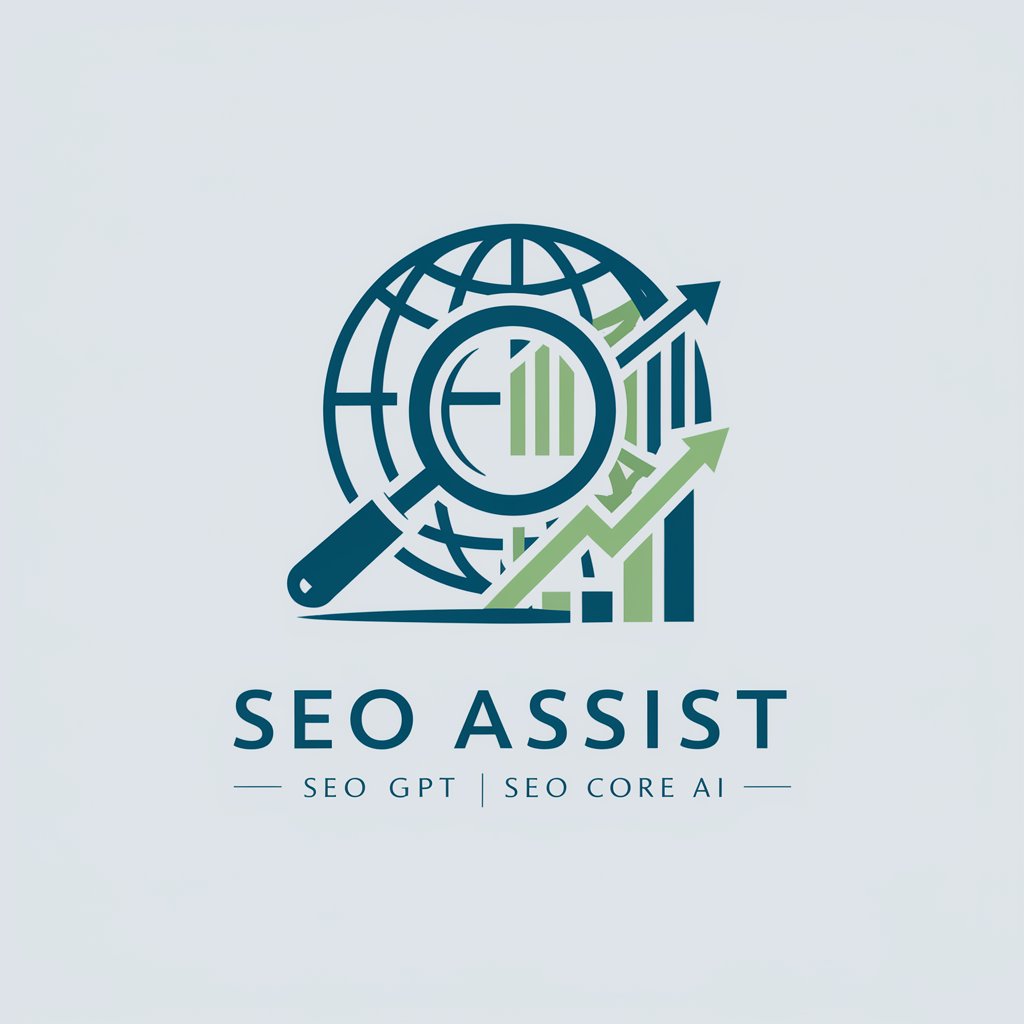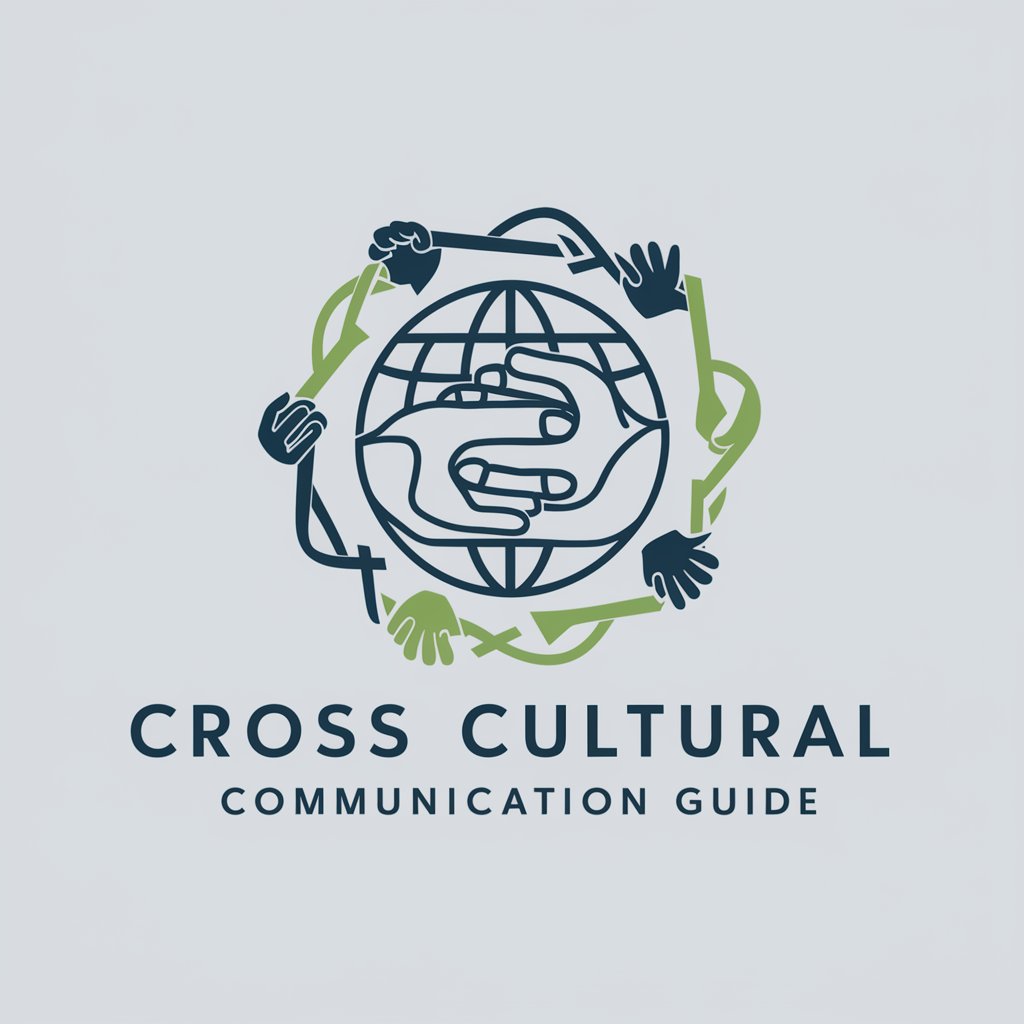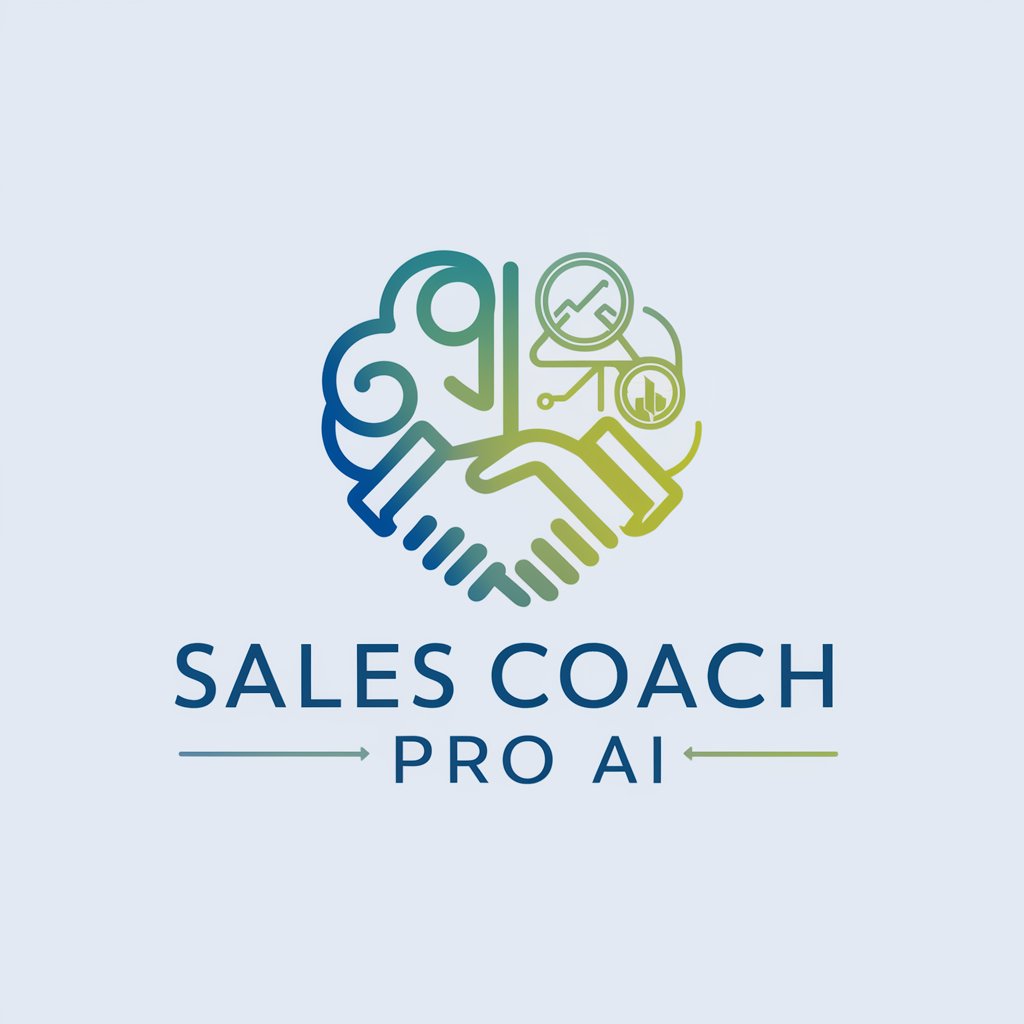
SEO - Efficient SEO Enhancer

Welcome to your SEO optimization guide.
Empowering Your Online Presence with AI-Driven SEO
Enhance your website's visibility with expert SEO advice.
Optimize your online content for better search engine rankings.
Discover effective link-building strategies for your site.
Improve your digital marketing efforts with advanced SEO techniques.
Get Embed Code
Detailed Introduction to SEO
Search Engine Optimization (SEO) is a multifaceted discipline focused on improving the visibility and ranking of web pages in search engine results. The fundamental purpose of SEO is to increase organic traffic to a website by making it more accessible and appealing to search engines like Google. This is achieved through a combination of on-page and off-page optimizations. On-page SEO involves optimizing the content and structure of the website itself, including keyword optimization, improving content quality, and ensuring the site is easily navigable by search engine algorithms. Off-page SEO encompasses actions taken outside of the website to improve its reputation and authority, such as link building and social media engagement. A practical example of SEO in action is optimizing a blog post by incorporating relevant keywords, ensuring fast loading times, and acquiring backlinks from reputable sources, thereby improving its ranking for those keywords. Powered by ChatGPT-4o。

Core Functions of SEO
Keyword Optimization
Example
Identifying and incorporating relevant keywords into web content to improve rankings for those search terms.
Scenario
A bakery website optimizing its homepage with keywords like 'artisan breads' and 'organic bakery' to rank higher in searches for these terms.
Content Quality Improvement
Example
Enhancing the relevance, readability, and value of website content.
Scenario
A tech blog updating old articles with the latest information and resources to maintain high rankings.
Link Building
Example
Acquiring high-quality backlinks from reputable websites to improve domain authority.
Scenario
A small business collaborating with industry influencers to create guest posts, thereby gaining backlinks and exposure.
Technical SEO
Example
Optimizing website architecture, ensuring fast loading times, and making the site mobile-friendly.
Scenario
An online store implementing responsive design and faster loading times to improve user experience and search engine ranking.
Local SEO
Example
Optimizing a website to rank well in local search results.
Scenario
A restaurant optimizing its Google My Business listing and getting listed in local directories to attract more local customers.
Ideal Users of SEO Services
Small and Medium-sized Enterprises (SMEs)
SMEs benefit from SEO as it provides a cost-effective method to compete with larger companies by improving their online presence and reaching targeted audiences.
E-commerce Platforms
SEO is crucial for e-commerce sites to drive organic traffic, which is essential for sales conversions. Optimizing product descriptions and user experience directly impacts visibility and customer engagement.
Content Creators and Bloggers
For content creators, SEO helps in attracting a more extensive reader base and enhancing content discoverability, which is vital for monetization and brand building.
Local Businesses
Local SEO strategies help local businesses rank higher in local search queries, making them more visible to nearby customers and driving foot traffic.
Large Corporations
Large corporations use SEO to maintain their market position, manage their online reputation, and ensure consistent traffic to their various online channels.

Using SEO Effectively in 5 Steps
Free Trial Access
Start by visiting yeschat.ai for a hassle-free trial experience that requires no login and bypasses the need for ChatGPT Plus.
Keyword Research
Identify relevant keywords that align with your content and audience interests. Tools like Google Keyword Planner can assist in finding high-traffic, low-competition keywords.
On-Page Optimization
Ensure your website's content includes the chosen keywords, structured with proper HTML tags (like H1, H2) and meta descriptions. Also, optimize images with alt tags.
Content Creation
Develop high-quality, original content that offers value to your audience. Regularly updated content helps in keeping your site fresh and engaging.
Off-Page Optimization
Build backlinks from reputable sites, engage in social media marketing, and leverage digital PR to enhance your website's authority and visibility.
Try other advanced and practical GPTs
SeoulGPT
Your AI-powered Seoul Navigator

Startup PR Guru
Empowering Startups with AI-driven PR Strategies

Trade Show Planner
Optimize trade shows with AI-powered planning

Cross Cultural Communication Guide
Navigating global business with AI

Global Market Entry Analyst
AI-Powered Market Entry Mastery

Pitch Deck Consultant
Refine Your Pitch, Secure Your Funding

Sales Coach Pro AI
Empower Your Sales with AI

AI Resource Navigator
Navigate Resources with AI Precision

Flow Urbano Studio GPT
Inspiring Urban Music Innovation

Workbench Helper
Empowering Simulations with AI

Divine Melody GPT
Empowering Worship with AI

Swift Lyric Matchmaker
Match Your Mood with Swift Lyrics

In-Depth SEO Q&A
What is the primary goal of SEO?
SEO aims to improve a website's visibility in search engine results, focusing on increasing organic traffic and enhancing user experience.
How does Google rank websites?
Google uses complex algorithms considering factors like relevance, website authority, user experience, and mobile-friendliness to rank websites.
Can social media impact SEO?
While social media doesn't directly influence SEO rankings, it helps in content distribution, brand exposure, and can lead to link-building opportunities.
Is technical SEO still important?
Absolutely. Technical aspects like site speed, mobile optimization, and secure connections (HTTPS) are crucial for better search rankings and user experience.
How often should I update my website's content?
Regular updates with fresh, relevant content are recommended. This not only engages users but also signals search engines that your website is active and relevant.